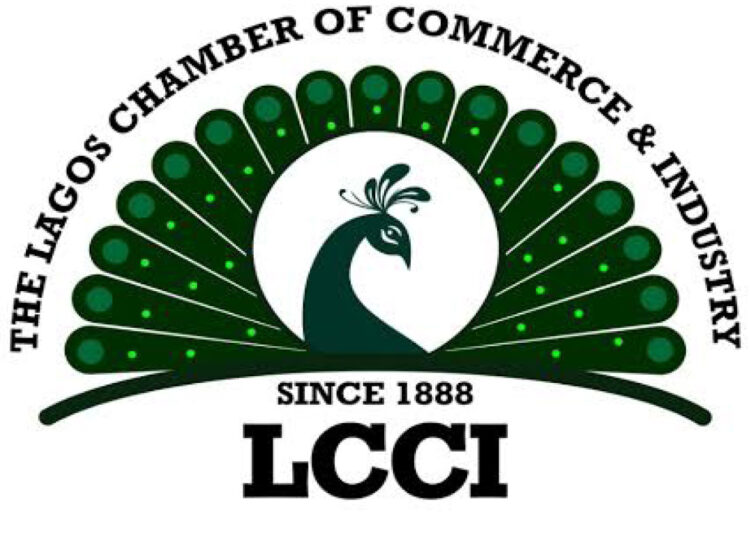The Lagos Chamber of Commerce and Industry (LCCI) has emphasised the need for the Nigerian government to accelerate economic reforms to stimulate sustainable growth, improve living standards, and restore investor confidence.
LCCI stated this in its presentation of the private sector perspective on the recently released Nigeria Development Update (NDU) 2025 by the World Bank, which underscored the urgent need for Nigeria to accelerate economic reforms and tackle rising poverty levels.
The chamber reiterated that the time for decisive action is now if Nigeria is to reap the gains of the reforms and thereby restore investor confidence, stimulate sustainable growth, and improve living standards.
Speaking, the director-general of LCCI, Dr. Chinyere Almona, noted that “while the government has taken commendable steps in fiscal and monetary policy management, the pace of reform implementation remains too slow to tackle the rising poverty levels and deliver the structural transformation needed in the economy.”
She identified key areas that require urgent attention, including investment in agricultural value chains, energy sector reforms, and infrastructure development.
She added that “Nigeria must prioritize massive investment in agricultural value chains, agro-processing, and rural infrastructure to enhance productivity and ensure food security. Reducing import dependence and supporting farmers with access to credit, inputs, and technology will help bring down food inflation and strengthen the naira.”
She emphasised that the high cost of electricity and fuel continues to cripple industries and small businesses, calling for urgent action to expand domestic energy generation, accelerate power sector reforms, and incentivize the adoption of renewable energy to make energy more affordable and reliable for manufacturers and households.
Almona urged, “the federal and subnational governments to demonstrate leadership by cutting wasteful expenditures, rationalizing agencies, and improving fiscal transparency. With government revenues hitting record levels, the citizens deserve more dividends.”
She reiterated that Nigeria’s path to shared prosperity depends on credible, consistent, and transparent policy execution, explaining that businesses and households require clarity, stability, and confidence in the country’s economic direction.
According to her, “while we express our confidence in the reforms potentials and cautiously optimistic about the achievements so far, we urge the government to focus on the core areas of producing and supplying more food, working on the dynamics of local refining capacity to lower the cost of energy, continue with the reforms in the FOREX market for sustained stability, cut down on the cost of governance, and reenergize the fight against insecurity through more funding and more use of advanced security technology and intelligence.”





